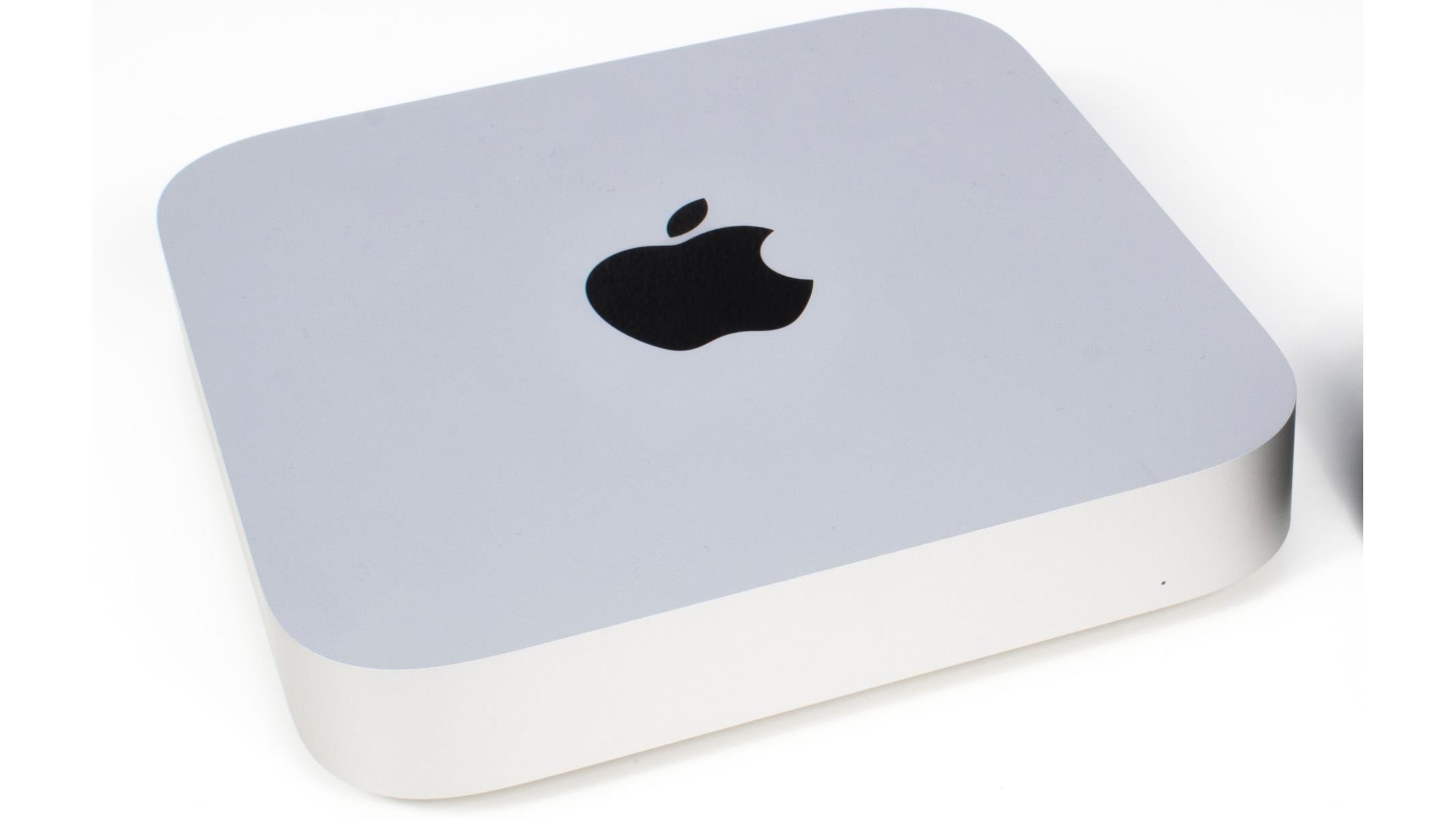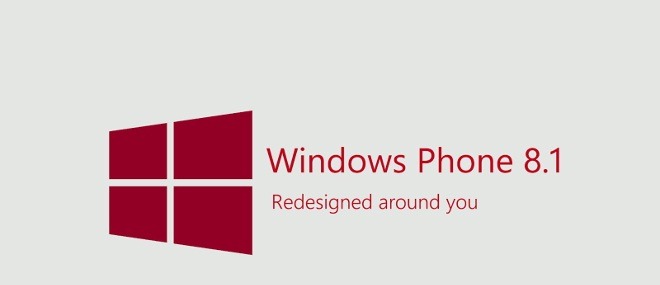- Mac Mini M1 Android Emulator Free
- Mac Mini M1 Android Emulator Download
- Android Emulator For Apple M1
- Mac Mini M1 Android Emulator Online
Android studio can currently run with the M1 chipset using Rosetta, that translate machine code from Intel to ARM. The price is a 30% performances drop that may not be noticeable. As far as I understand, the emulator will run but without graphic. The emulator runs on the new Mac Mini, Macbook Pro and Macbook Air with Apple's M1 chip. The application does not work on Apple products with Intel SoCs. The emulator can be used to run ARM64-based Android apps on a Mac. The native hardware virtualization of the M1 SoCs is used via Qemu. The Android Studio version will follow shortly after that. Having said that, I use my M1 for professional development and android studio runs just fine under rosetta. It's at least as fast as my 2018 intel laptop, even under rosetta. Granted I'm using the Mac Mini so the M1 chip never throttles down.
This is the second post that I dedicate to talk about configurations using the new M1 Apple processor. As I said in the previous post, these configurations are workarounds until stable versions are released, however, for me, they have been useful and I guess that someone in the same situation as me can benefit from that.
@YaSi Did not face any issue running Android Studio on m1 Mac, I am able to download and run android studio, no forced stop of app face till now but sadly I only can code cannot run emulator:( The same goes for visual studio, it downloads and runs very smoothly – Shadowwalker Nov 30 '20 at 8:27. May 19, 2021 Hi! We recently posted about how Visual Studio for Mac is supporting Apple Silicon / M1 architecture through the Rosetta translation layer starting in version 8.9, and we’re working towards native support. We’ve been using and testing with M1 Macs, but it’s always great to hear how.NET and Visual Studio for Mac are working for our customers in the real world.
Using Android studio in the new Macbook Air
When you install Android Studio you will get the following warning:
Unable to install Intel® HAXM
Your CPU does not support VT-x.
Unfortunately, your computer does not support hardware-accelerated virtualization.
Here are some of your options:
1 - Use a physical device for testing
2 - Develop on a Windows/OSX computer with an Intel processor that supports VT-x and NX
3 - Develop on a Linux computer that supports VT-x or SVM
4 - Use an Android Virtual Device based on an ARM system image
(This is 10x slower than hardware-accelerated virtualization)

Creating Android virtual device
Android virtual device Pixel_3a_API_30_x86 was successfully created
And also in the Android virtual device (AVD) screen you will read the following warning:
If you want to learn more regarding virtualization in processors you can read the following Wikipedia article, the thing is that our M1 processor doesn’t support VT-x, however, we have options to run an Android Virtual Device.

As the previous message was telling us, we have 4 options. The easiest way to proceed is to use a physical device, but what if you haven’t one available at the moment you are developing?
From now on, we will go with the option of using an Android virtual device based on an ARM system image as options 2 and 3 are not possible to execute.
Using the virtual emulator
The only thing that you have to do is to download the last available emulator for Apple silicon processors from Github https://github.com/741g/android-emulator-m1-preview/releases/tag/0.2
Once you have downloaded you have to right-click to the .dmg file and click open to skip the developer verification.
After installing the virtual emulator, we have to open it from the Applications menu.
After opening it you will see Virtual emulator in Android Studio available to deploy your Android application. Make sure to have Project tools available in Android Studio (View -> Tool Windows -> Project)

After pressing the launch button you will get your Android application running in your ARM virtual emulator :-)
Conclusion
In this post, we have seen that is possible to install Android Studio in Macbook Air M1 and use a virtual device even that your M1 doesn’t support VT-x. You can learn more about this emulator in the following references: Autocad 2015 for mac keygen.
I just got a new Mac Mini with M1 CPUs. The first thing I did was install Chrome. The next thing I did was install Flutter.
So I went to flutter.dev and downloaded the latest build. I extracted it, then created a new .zshrc and added flutter to my PATH. Then I ran flutter. It started downloading the Dart SDK, then threw this error:
Mac Mini M1 Android Emulator Free
Rcon password hack cs 1.6. A quick search on Google led me to this post. I installed Rosetta, then made Terminal.app open with Rosetta. For now I'll do this at the cost of performance, so that I don't have to hunt down which ones are compatible and which ones are not compatible with M1 yet.
And now that it's running fine, I realize there was indeed a note on installing Flutter on Macs with M1 processors:
Android Studio, Android Emulator, Visual Studio code are not ready for a stable build for M1, but it's being worked on. Things should get better in a few months at most. Until then there's always Rosetta.
Selecting an arm64 version of Android R did not work. So I had to use the emulator preview release.
It works mostly fine, except for WebView, says the documentation. When I tried it, it worked indeed. Then I launched my app, and clicked on the button to sign in. I'm using Firebase Auth, and what it does is, it makes you sign in.. in a WebView. The WebView never showed up, and so I am unable to test my app in the emulator.
Mac Mini M1 Android Emulator Download
Can I run the Intel version of the emulator with Rosetta? No because the emulator uses virtualization, says the Android Studio team.
So I am stuck using my slower MacBook until they release a proper emulator.
Android Emulator For Apple M1
Fast forward a few weeks, and it looks like new versions of the Emulator have been released. According to this post, it's even downloadable through the AVD Manager in Android Studio!
I followed the steps and downloaded the same image. However, the Emulator refused to run. The error was something like 'The Emulator was killed'. A quick search on Google reveals that quite a few users ran into the same issue a few days ago:
Mac Mini M1 Android Emulator Online
It looks like version 3 is broken, but version 2 isn't. The users show a way to manually replace that image with an old one, but I simply opted for downloading the separate Alpha Emulator from GitHub at https://github.com/google/android-emulator-m1-preview/releases/tag/0.3.
This version has WebViews, so I was able to run my Flutter app and sign in with Google. That will suffice for now!